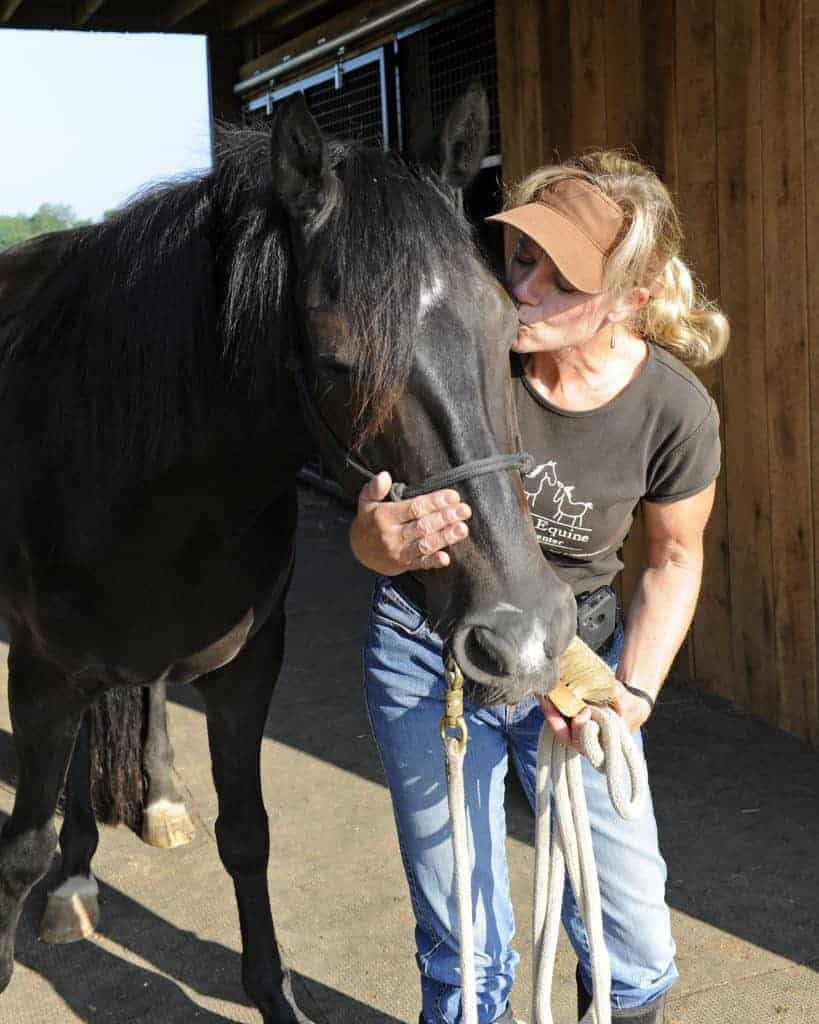
Kentucky Derby Winner Animal Kingdom Cleared for Exercise
The Derby winner was cleared for exercise after undergoing surgery for a hairline fracture in his left hock.

The Derby winner was cleared for exercise after undergoing surgery for a hairline fracture in his left hock.
Can we blame Salix and race-day medications for the bad perception horse racing seems to draw from the public?
The 1999 Breeders’ Cup Distaff winner was euthanized after a battle with equine laminitis.
The 2011 NTRA Professional Education Seminar will be held Oct. 18-19 at Keeneland Race Course.

After completing the adoption process and bringing your new charge home, help him adjust to his new surroundin
A probe into Life At Ten’s Breeders’ Cup Ladies’ Classic performance has cost more than $100,000 to date.
A New York Supreme Court ruling regarding that state’s out-of-competition drug testing has other implications.

Thoroughbred horsemen’s groups are drawing a line in the sand when it comes to the anti-bleeding drug Salix.
A KHRC advisory panel approved a recommendation to prohibit the race day use of adjunct bleeder medications.
Gluck faculty members will speak at the 2011 Thoroughbred Pedigree, Genetics, and Performance Conference.
Researchers are working to understand the link between the myostatin gene and Thoroughbreds’ racing potential.
The New York State Racing and Wagering Board regulations on out-of-competition testing require nullification.
Several changes will be made to Aintree Racecourse’s steeplechase track prior to the 2012 Grand National.

The Jockey Club reiterated its calls for a ban of Salix but made it clear it wants medication-free racing.

BloodHorse.com’s Jason Shandler caught up with Mike Repole to get his opinion on the current Salix debate.

The AGSC will employ a program banning race-day medications in graded 2-year-old Thoroughbred stakes races.
Stay on top of the most recent Horse Health news with
"*" indicates required fields